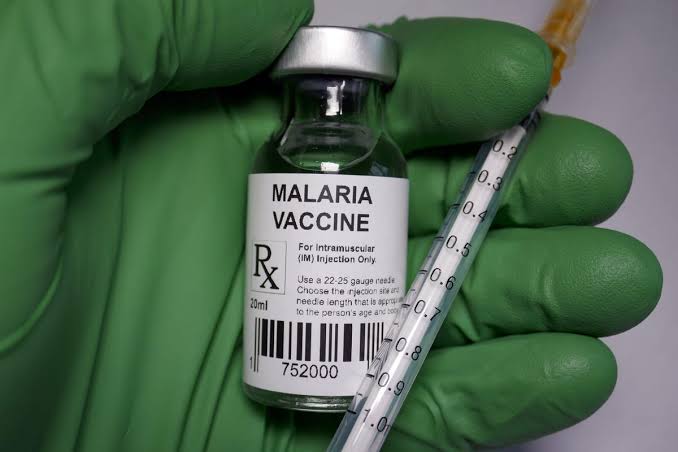African nations are queuing up to approve a new malaria vaccine, with the manufacturer confirming the availability of 20 million doses for purchase in 2023.
Oxford University scientists developed the R21 vaccine, which is manufactured by the Serum Institute of India and Novavax. Ghana and Nigeria became the first countries to back the vaccine, with at least ten other African countries’ regulatory authorities reviewing trial data to assess the shot.
Mary Hamel, the WHO’s malaria vaccine implementation head, expects more countries to come through, though it is unclear how the poorest nations will pay for the vaccine. The WHO’s approval is also pending.
Malaria is responsible for the deaths of more than 600,000 individuals annually, primarily children under the age of five in Africa south of the Sahara.
With the recent focus on enhancing drug oversight in the region, and the urgency of addressing the disease, the African nations are changing the approval process.
Oxford scientist Adrian Hill confirmed that the shot has remained around 70%-80% effective in late-stage trials, which is higher than another malaria shot authorized by the WHO.
Serum Institute Chief Executive Adar Poonawalla announced the production of 20 million doses of the Oxford shot in the next two months. The supply will be enough to vaccinate five million children with the four-dose regimen of the vaccine, costing around $60 million.
The approval of the R21 vaccine in more African countries is a positive sign that these nations want to take control of their pharmaceutical oversight and reduce their reliance on Western governments and companies by manufacturing life-saving drugs on the continent.












